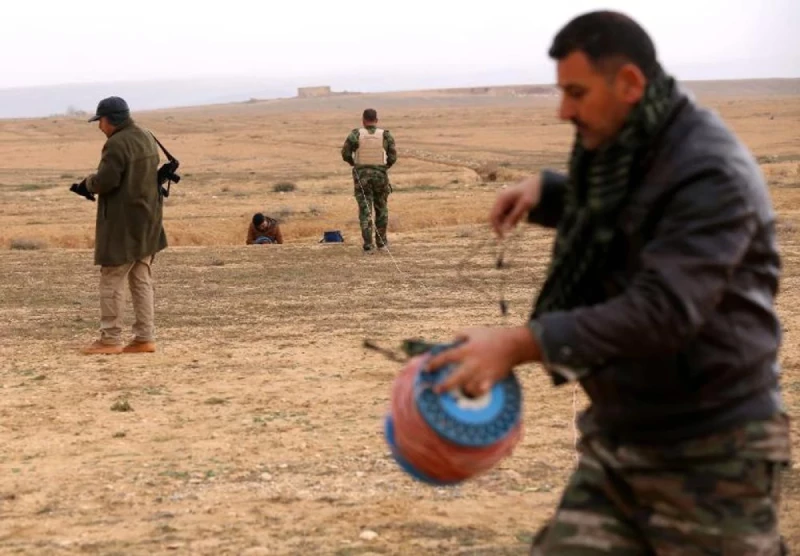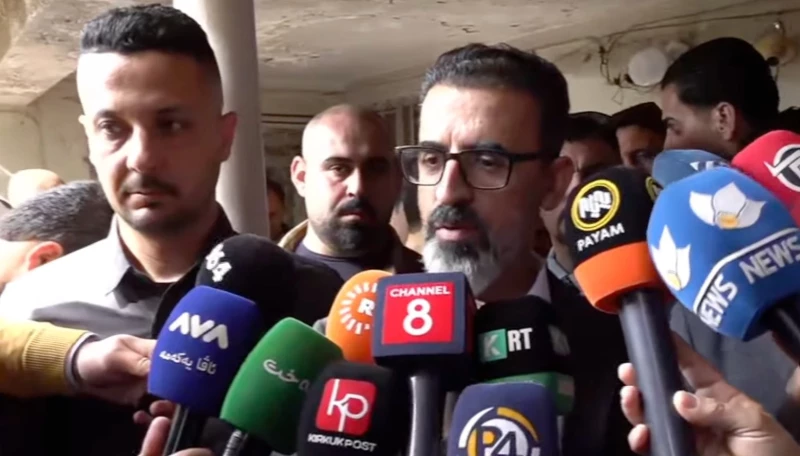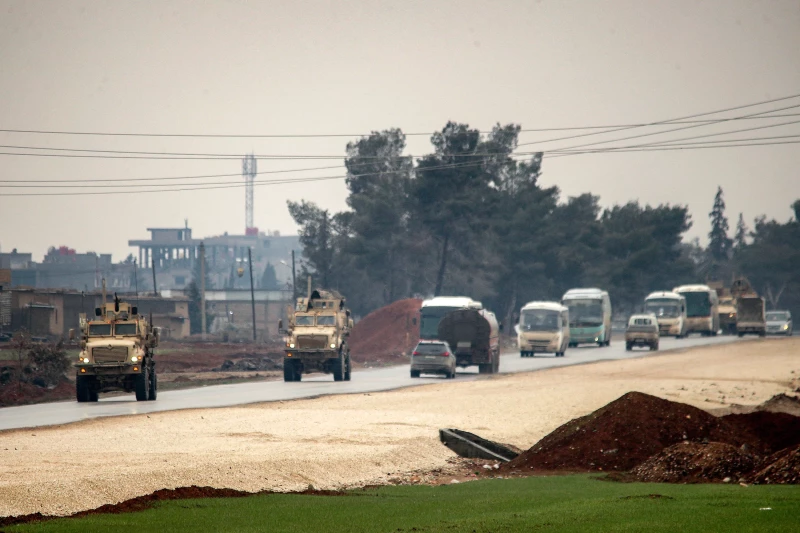ERBIL, Kurdistan Region of Iraq – Iraq will announce a national plan to curb climate change next year as part of its international commitments, the environment ministry said Monday, with the country among the most vulnerable to climate change and amid a severe drought.
Iraq is expected to join a rapidly growing list of 65 nations that are expected to face extreme climate hazards by 2040, the UN said earlier this month. It also ranks fifth among the most vulnerable countries in the world to climate change, with many already displaced due to severe climate conditions such as drought and extreme heat.
“The plan represents one of the international commitments that Iraq is obligated to prepare and implement pursuant to its accession to the United Nations Framework Convention on Climate Change (UNFCCC) and the Paris Agreement,” Najla Mohsen al-Waeli, head of the environment ministry’s technical department, told state media.
The Paris Agreement, which Iraq is part of, is an international pact among countries to keep the global rise in temperature this century below two degrees Celsius. Baghdad signed the agreement in 2016, which was ratified in 2021, after the defeat of the Islamic State (ISIS) and the end of COVID-19.
The country acceded to the UNFCCC in 2009.
“It will contribute to identifying programs and projects that need international support and estimating the size of financial and technical funding required to raise the capacity of national sectors to adapt,” Waeli added.
The World Bank warned at the end of 2022 that Iraq faces an urgent climate crisis, which requires a new development model centered on environmental protection. It called for economic diversification and less dependence on oil and carbon, noting that climate-driven migration may affect one in every five Iraqis by the end of the decade if urgent action is not taken to protect natural resources and improve water management.
Iraq needs about $233 billion in climate investments by 2040, equivalent to six percent of its annual GDP, to meet urgent development needs and protect natural resources, according to the World Bank.
Work on the so-called National Adaptation Plan began in July 2020 but was delayed due to COVID-19 and financial challenges faced by international organizations, Waeli explained.
The plan studies 13 main sectors, which are considered most sensitive to climate change and its impacts on society. It includes agriculture and food security, water resources, health, natural systems and forests, human settlements, as well as climate risks and disasters, including sea level rise, sanitation, tourism and world heritage, transportation and renewable energy, in addition to governance, education, vulnerable groups, and gender.
Over 100,000 people have already been forced into displacement due to severe drought in Iraq, especially in the country’s southern provinces.



 Facebook
Facebook
 LinkedIn
LinkedIn
 Telegram
Telegram
 X
X


